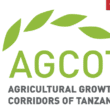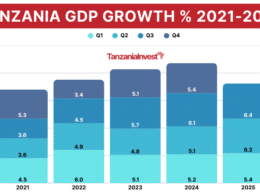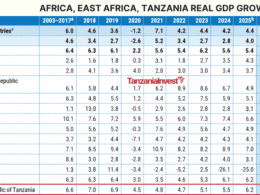According to recent reports, the secretariat of the East African Community (EAC) has begun working on a plan to harmonize all the trade statistics from the each of the five member states of the community into a proposed EAC Trade Statistics Database.
The secretariat is reported to have recently attended a one-day meeting, during which time he considered the development of a prototype for the EAC Trade Statistics Database in an effort to improve the overall quality of trade statistics in the EAC community, which includes Tanzania, Kenya, Uganda, Rwanda and Burundi.
According to Owora Richard Othieno, the EAC Acting Head of Department of Corporate Communications and Public Affairs, the secretariat is currently working alongside the Competitiveness and Trade Expansion Program (COMPETE) as well as the United States Agency for International Development (USAID) in order to build a framework to be used in the development of the database.
Mr. Othieno explained that the purpose of this meeting was to provide critical inputs and comments on opportunities for making further improvements to the project and that this meeting was the first in a series of consultative meetings that will take place between the EAC and COMPETE in an effort to develop a regional web-based trade statistics database that will be used to help in the exchange of information on trade in the public and private sectors, will help encourage trade in the EAC single customs territory and will act as the central hub for trade information within the region.
“Taking into consideration the imperative role of trade statistics in the operations of the Common Market and building on to a Monetary Union,” said Mr. Othieno, “the EAC trade statistics working group, recommended the USAID/COMPETE to provide support to the EAC in the development of a web-based database.”
Mr. Othieno went on to indicate that the framework for this database is intended to cohesively join together the achievements that have already been made in the practices of trade statistics in each of the states within the region.
Some of the more notable activities within the framework are expected to rely on the organization and distribution of trade statistics which will require the development and maintenance of a strong web-based EAC Trade Statistics Database.
In addition to this, the organization of important compilation practices in trade statistics will be required in order to improve the comparison of data between EAC partner states so as to support the operations of the Customs Union and the Common Market and to improve the competencies of any agencies that may be involved in both the partner states and the secretariat.
The framework is also expected to include the reconciliation of trade data between the EAC partner states and the implementation of a policy that will require each of the partner states to fully exchange their experiences and share the regional capacities.
“The web-based database is expected to respond to policy makers’ and trade statistics users’ needs such as generation of time series reports for intra and extra EAC trade for all products or specific products by value and volume,” said Mr. Othieno in a recently published East African Business Week (EABW) report.
Additionally, the framework is intended to respond to the trade performance at trade partner level, market access requirements, and import tariffs of the EAC partner states as well as their transport and transit requirements and the preferential arrangements between the EAC and other trading blocks.










